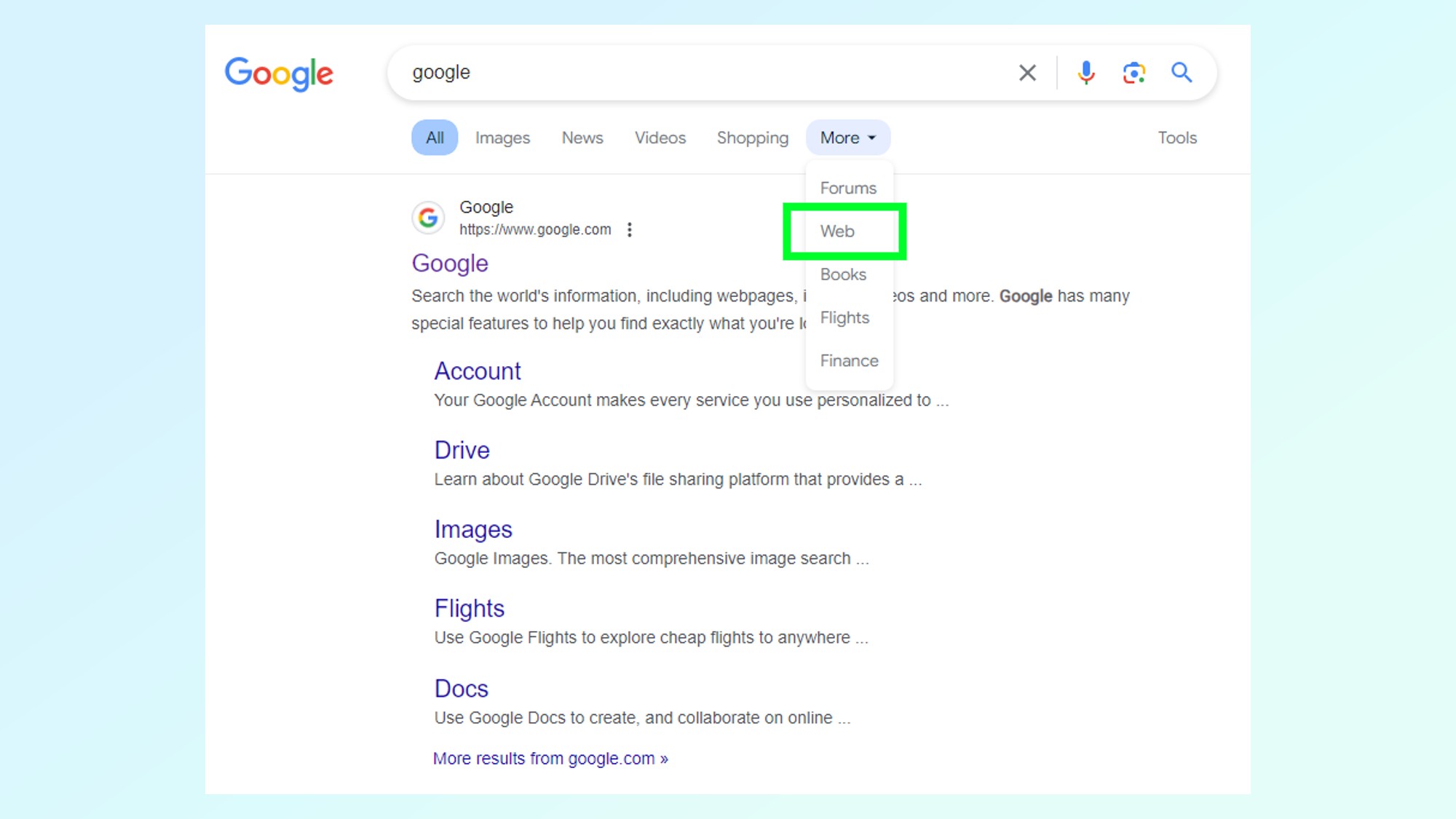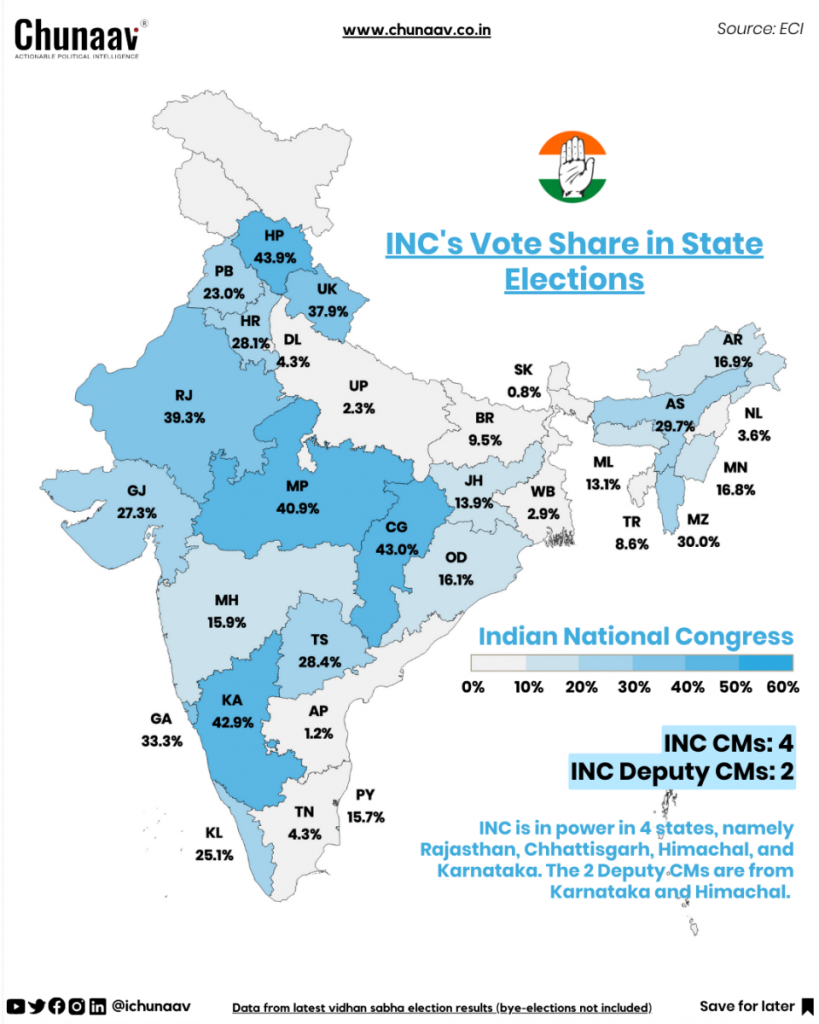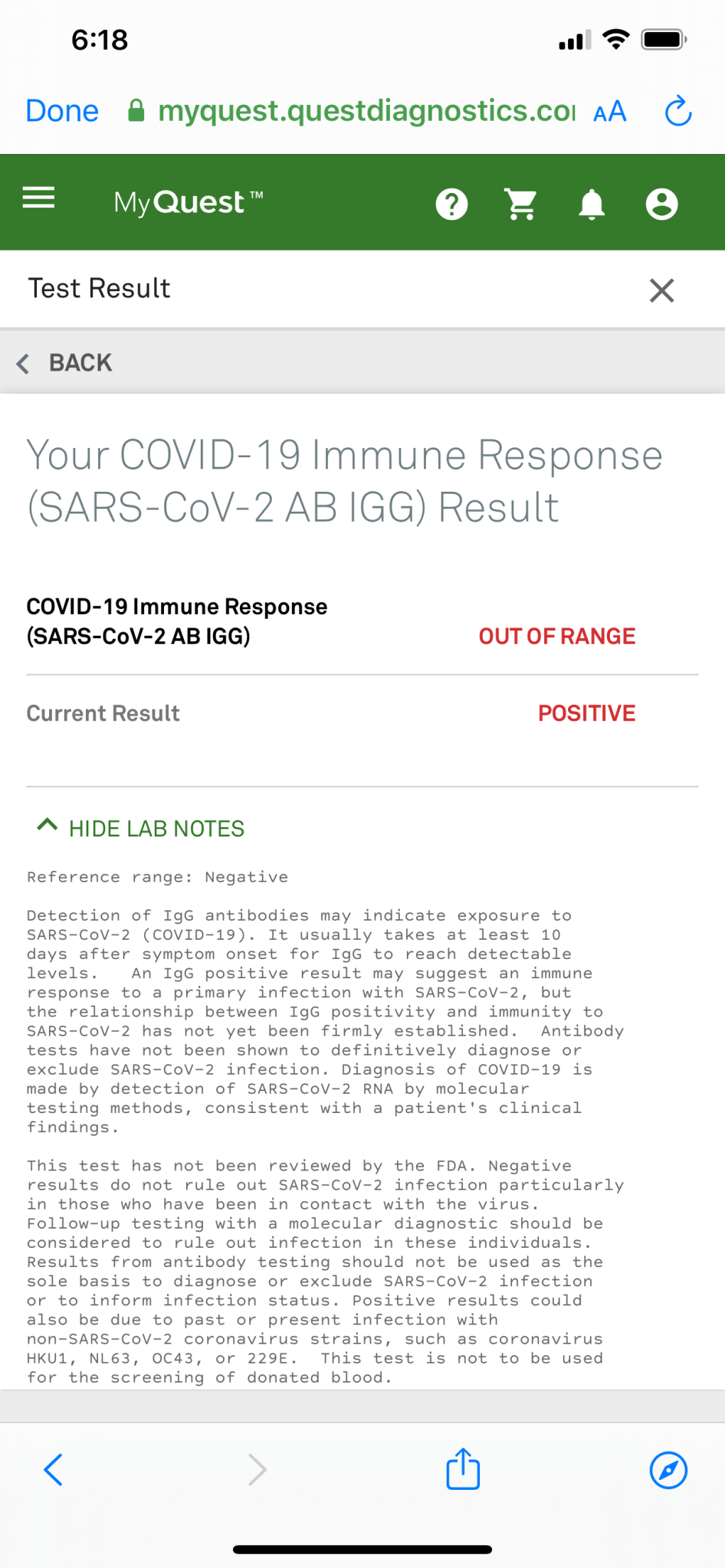Does Google's Search AI Still Use Your Content After Opt-Out?

Table of Contents
Google's Data Collection Practices and Their AI Models
Google's vast AI ecosystem, including its revolutionary Search AI, relies heavily on data scraped from across the web. This data fuels the training of large language models (LLMs) and other algorithms that power many Google services. Google collects data from numerous sources, including:
- Google Search: Your search queries, clicked links, and browsing history contribute significantly to understanding user intent and refining search results.
- Google Images: Images, their descriptions, and usage patterns help train image recognition AI.
- Google Books: Text from digitized books forms a crucial part of Google's vast knowledge base.
- Publicly available websites: Google's web crawlers constantly scan the internet, collecting data from billions of websites.
This data is crucial for training Google's AI models. For example, LLMs learn to generate human-like text by processing vast amounts of textual data, and search algorithms improve their accuracy by analyzing user behavior and search results. While Google publicly states its commitment to responsible data usage, the exact methods and extent of data usage for AI training remain partially opaque. This lack of transparency fuels much of the debate surrounding data privacy and AI.
The Effectiveness of Google's Content Opt-Out Options
Google offers various opt-out options concerning data collection, including options within your Google account settings. However, the effectiveness of these opt-outs in completely removing your content from AI training datasets is questionable.
- Limited Scope: Opting out might prevent personalized advertising, but it doesn't necessarily guarantee removal from AI training datasets. Google's policies often mention data anonymization or aggregation, but the specifics remain unclear.
- Data Persistence: Even if data is technically removed, copies might exist in backups or cached versions. The sheer scale of Google's data infrastructure makes complete data deletion a significant challenge.
- Lack of Transparency: The opacity surrounding Google's AI training data makes it difficult to verify the effectiveness of opt-out mechanisms.
To opt out (to the extent possible), you can typically navigate to your Google account settings and adjust data collection preferences. However, be aware that the actual impact of these settings on AI training is not explicitly defined. There are potential loopholes and grey areas within their policies that raise significant concerns about data privacy.
The Ongoing Debate and Legal Implications
The ethical and legal implications of using web content for AI training without explicit permission are central to an ongoing debate. Many argue that scraping and utilizing copyrighted material without consent constitutes copyright infringement.
- Legal Challenges: Several lawsuits have been filed challenging Google's data practices and the use of copyrighted content for AI training. The outcomes of these cases could significantly shape future regulations.
- Data Privacy Regulations: Regulations like GDPR (General Data Protection Regulation) and CCPA (California Consumer Privacy Act) are designed to protect user data, but their applicability to AI training data remains a subject of debate and interpretation.
- Ethical Considerations: Beyond legal aspects, ethical questions arise concerning the fair use of publicly available content for private gain without proper attribution or compensation. Experts are grappling with defining fair use in the context of AI training.
Best Practices for Protecting Your Content
While completely preventing your content from being used by Google's AI is challenging, website owners can take steps to minimize the risk.
- Robots.txt and noindex tags: Using these directives can help limit the accessibility of your content to Google's web crawlers. However, remember that these aren't foolproof, as Google might still have cached copies or data obtained through other means.
- Strong Copyright Notices: Clearly stating your copyright helps establish ownership and deter unauthorized use.
- Alternative Strategies: Consider less publicly accessible methods of storing and sharing your content. This could include using private repositories or limiting access through membership systems.
Conclusion: Making Informed Choices About Google's Search AI and Your Content
The effectiveness of Google's content opt-out mechanisms in preventing your content from being used in AI training remains uncertain. While Google provides options to control some aspects of data collection, the lack of transparency surrounding its AI training processes raises concerns. Understanding Google's data collection practices and exploring your data privacy rights is crucial. Actively explore your Google data privacy settings and consider implementing the best practices outlined above to better protect your valuable content from unauthorized use in AI training. By taking proactive steps, you can better control how your content is utilized in the evolving landscape of Google's Search AI and other AI applications.

Featured Posts
-
 Netherlands Explores Ow Subsidy Revival To Attract More Bidders
May 04, 2025
Netherlands Explores Ow Subsidy Revival To Attract More Bidders
May 04, 2025 -
 Starmers Tougher Stance On Immigration A Direct Challenge To Farage
May 04, 2025
Starmers Tougher Stance On Immigration A Direct Challenge To Farage
May 04, 2025 -
 Singapores Election Assessing The Challenges To The Ruling Party
May 04, 2025
Singapores Election Assessing The Challenges To The Ruling Party
May 04, 2025 -
 Hong Kong Japanese Restaurant Review Honjo In Sheung Wan
May 04, 2025
Hong Kong Japanese Restaurant Review Honjo In Sheung Wan
May 04, 2025 -
 The Future Of Rail Exploring The Viability Of Wind Powered Trains
May 04, 2025
The Future Of Rail Exploring The Viability Of Wind Powered Trains
May 04, 2025
Latest Posts
-
 Ai And The Poop Podcast Analyzing And Transforming Repetitive Scatological Information
May 04, 2025
Ai And The Poop Podcast Analyzing And Transforming Repetitive Scatological Information
May 04, 2025 -
 Analyzing Marvels Thunderbolts Success Or Failure
May 04, 2025
Analyzing Marvels Thunderbolts Success Or Failure
May 04, 2025 -
 Thunderbolts A Deep Dive Into Marvels Latest Venture
May 04, 2025
Thunderbolts A Deep Dive Into Marvels Latest Venture
May 04, 2025 -
 The Thunderbolts Marvels Gamble On Anti Heroes
May 04, 2025
The Thunderbolts Marvels Gamble On Anti Heroes
May 04, 2025 -
 Pandemic Fraud Lab Owner Pleads Guilty To Fake Covid Test Results
May 04, 2025
Pandemic Fraud Lab Owner Pleads Guilty To Fake Covid Test Results
May 04, 2025
